A fiduciary is a person who has committed to act solely in the interest of another party (the beneficiary). A fiduciary owes a legal duty to the beneficiary and must put that beneficiary’s best interests ahead of their own. Fiduciary duties exist in many relationships, including between business partners, trustees and beneficiaries, guardians and wards, and executors and legatees. As a fiduciary, one must ensure that no conflict of interest exists between the fiduciary and the principal and, if one does, that the conflict is properly addressed.
Here, we discuss fiduciary conflicts of interest, the potential consequences of these conflicts, and how a fiduciary litigation attorney can assist if you face a fiduciary conflict of interest or have been harmed by one.
What Could Give Rise to a Fiduciary Conflict of Interest?
All fiduciaries owe a duty of loyalty to their beneficiaries, and this duty includes ensuring that no conflicts of interest exist or arise between the parties. A conflict of interest occurs when a fiduciary derives some type of personal benefit from the decisions he makes regarding the beneficiary, thus potentially putting his own interests above those of the beneficiary – the one he is supposed to serve.
Conflicts of interest are common in all fiduciary relationships. For example, conflicts often arise when trustees or executors:
- Invest trust assets in personal businesses ventures
- Favor one beneficiary over another because one beneficiary is a relative
- Use trust assets to pay personal debts
- Sell trust assets to themselves or a relative at a low price
- Make loans to themselves from the estate assets
- Make investment decisions that benefit themselves and not all beneficiaries
- Charge excessive fees
However, conflicts can arise (and often do) in a business context, as well. When it comes to business relationships, a conflict of interest might occur when one business partner:
- Gives business opportunities to another company
- Starts a competing business that excludes their current partners
- Diverts revenue or profits away from the partnership
- Takes action that brings a benefit to one partner and not the other, or that harms the other partner
Potential Consequences of Acting When in a Conflicted Position
It is common for fiduciaries to run into conflicts of interest. However, this does not mean they automatically must resign from their roles. In fact, fiduciaries are also often additional beneficiaries, so they naturally have a conflict of interest with their dual roles. When a fiduciary has a conflict of interest like one of those described above, they are required to take certain actions. First, they must disclose the conflict as soon as they become aware of it. In most cases, if a fiduciary has a conflict of interest, he can seek the approval of the beneficiary, who can consent to the continued relationship. Sometimes, court consent is also required, depending on the nature of the relationship between the fiduciary and the beneficiary (e.g., if the fiduciary is a guardian or conservator and the beneficiary is a child or incapacitated person who cannot provide their own consent).
After disclosing the conflict of interest, during their tenure, fiduciaries must ensure that they do not favor themselves over other beneficiaries or act in a way that puts their interests above that of the beneficiaries.
What happens when a fiduciary does not adequately disclose the conflict and proceeds to act in their own self-interest and against the beneficiary’s interests? A beneficiary might choose to bring a lawsuit against the fiduciary for breach of their fiduciary duty. The consequences include the removal of the fiduciary from his role and monetary damages awarded to the beneficiary. Fiduciaries can be held personally liable for breaches of their fiduciary duty, so it is especially important to properly disclose all conflicts of interest, obtain the required consents, and continue acting in the best interests of the beneficiaries to avoid these consequences.
How a Fiduciary Litigation Attorney Can Assist With Conflicts of Interest
If you are a fiduciary facing a potential conflict of interest or are a beneficiary who think you have been harmed by your fiduciary’s conflict of interest, a fiduciary litigation attorney can assist you. Among other things, an attorney can do the following:
Identify and Address Potential Conflicts
Fiduciaries who have, or think they might have, a conflict of interest should consult a fiduciary litigation attorney for assistance with drafting disclosure documents, gaining consent from beneficiaries, and advice on protecting themselves from a future lawsuit. With the right disclosure, most conflicts of interest lawsuits and liability are avoidable. In some cases, a fiduciary may choose to resign from his role if he wants to avoid any potential liability. A fiduciary litigation attorney can advise you on whether it is in your best interest to serve as a fiduciary or if it might be best to opt-out.
Seek Legal Remedies
If a fiduciary has breached his duty to you and you have been harmed by a conflict of interest, a fiduciary litigation attorney can help determine the best course of action, which might include filing a lawsuit. An attorney will review your case to determine if a fiduciary relationship existed, whether the fiduciary duty was breached because of the fiduciary’s conflict of interest and whether that breach caused you harm. If so, you might be able to sue the fiduciary for the breach or pursue other remedies.
Anyone concerned about conflicts of interest occurring in the management of a trust, a business partnership, or other fiduciary relationship should seek legal advice from a fiduciary litigation firm. Whether you want to ensure you are fully protected as the fiduciary or are seeking remedies for a fiduciary’s breach of their duty, an attorney can review potential conflicts of interest, help answer your questions, and advise you on the best course of action.
